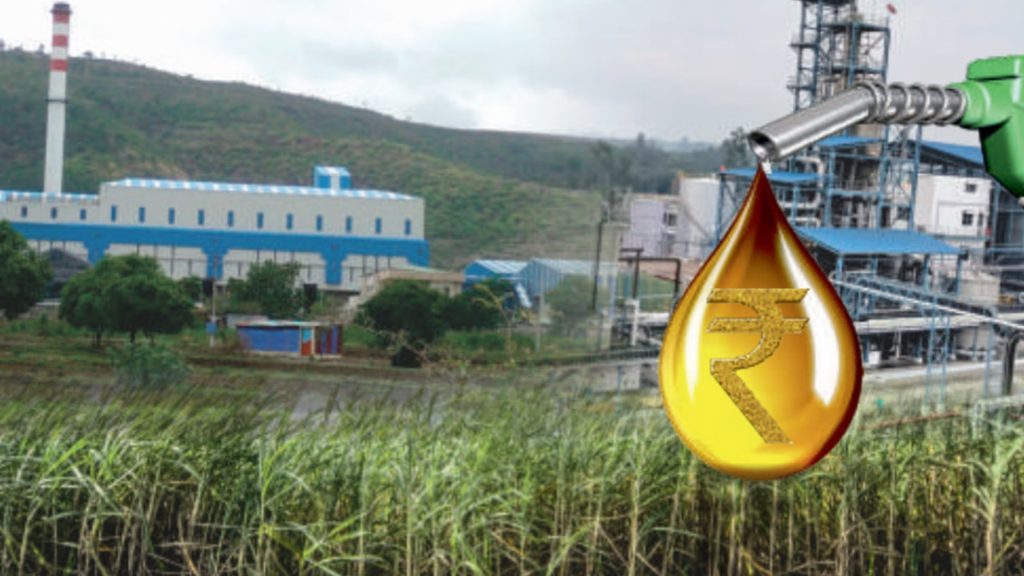The viability of India’s ambitious Ethanol Blended Petrol (EBP) program is being jeopardized by a critical imbalance in the procurement policy of oil marketing companies (OMCs), according to the Grain Ethanol Manufacturers Association (GEMA).
The association claims that the current allocation methodology, which prioritizes attracting new capacity in ethanol deficit zones, is creating an artificial surplus in existing manufacturing hubs, leaving hundreds of operational distilleries without adequate purchase orders.
The issue stems from the allocation criteria set forth in the latest Ethanol Supply Year (ESY) 2025–26 tender. GEMA argues that by focusing exclusively on meeting local requirements in deficit regions, the OMCs are effectively ignoring the substantial, often long-standing, capacities already established in neighboring states with surplus production.
The association points out that many of the affected units were set up in direct response to earlier government initiatives and Expression of Interest (EOI) schemes, representing significant investment in rural economies.
The viability of existing investments:
The grain-based ethanol industry has been a cornerstone of the EBP Programme, driving over ₹40,000 crore in investments to achieve the national target of 20% blending. GEMA estimates that this procurement approach is denying sufficient orders to at least 350 distilleries, raising concerns about the long-term sustainability and debt servicing capacity of these plants.
The current situation is seen as compromising the original goals of the EBP, which were to ensure localized production, reduce transportation costs, and efficiently utilize existing infrastructure. By neglecting readily available surplus capacity while subsidizing new capacity, the policy is creating both economic inefficiency and environmental counter-intuitiveness through the promotion of redundant capacity.
According to Dr. C K Jain, President, GEMA, “A more holistic procurement model is needed—one that considers surplus availability across states, pre-existing capacities and investments, prior understandings and commitments made with distilleries.”
Meanwhile, GEMA is urging OMCs and policymakers to urgently review the current allocation criteria to ensure fair participation and optimal resource utilization, thereby safeguarding the stability of the entire ethanol ecosystem.













